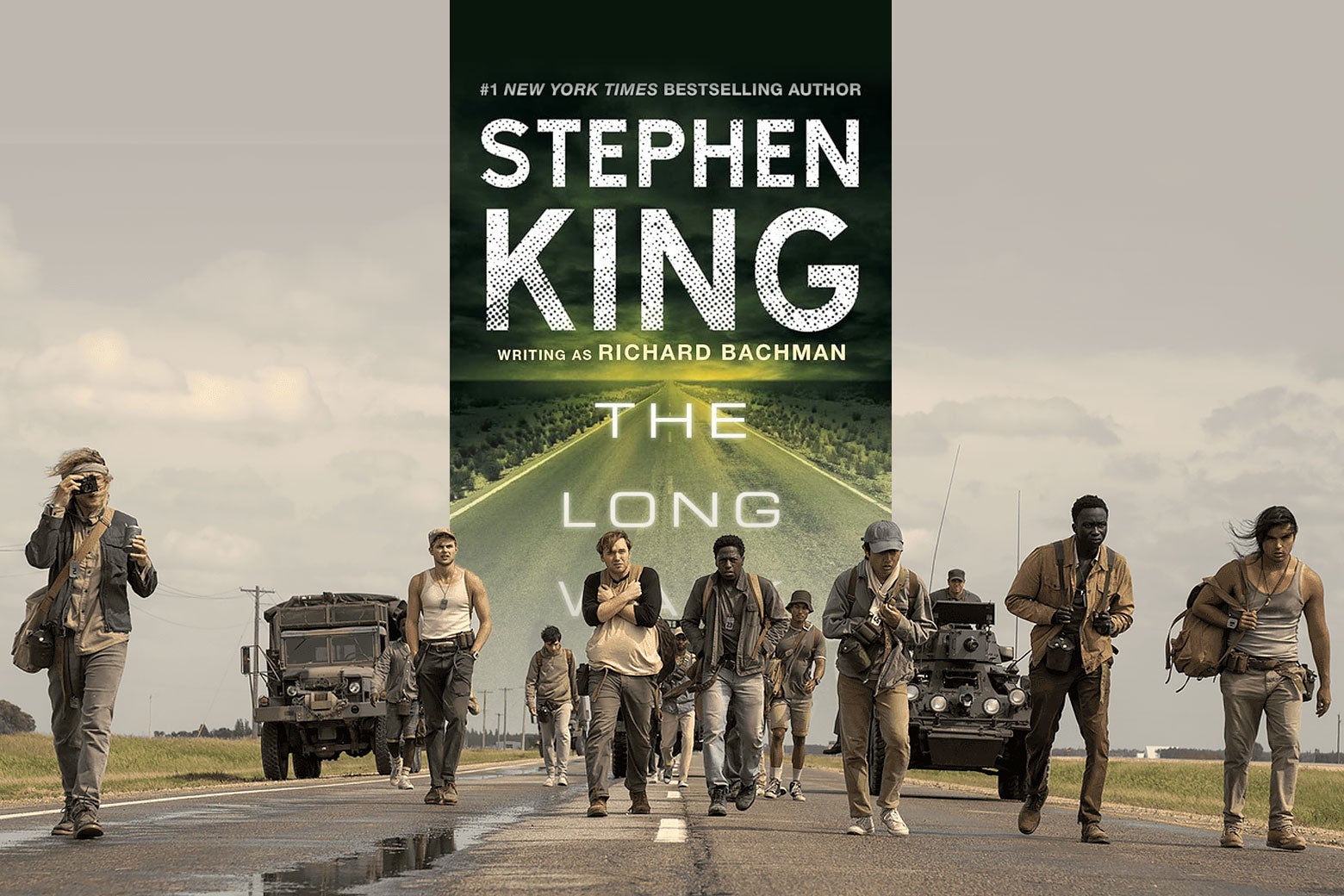
"The Long Walk is an almost 400-page novel, started by Stephen King when he was a college student in 1966-67, then finally published in 1979. In it, 100 teenage boys living in a dystopian society walk at four miles per hour on roads in Maine, flanked on all sides by blank-eyed soldiers in army vehicles. If the kids dip under that speed, they get a series of warnings."
"If all this sounds familiar now, it wasn't, back in 1979. The Japanese writer Koushun Takami, who wrote the horror novel Battle Royale (in a dystopia, high school students trapped on an island must fight to the death) in 1996, said that The Long Walk was one of his inspirations. And the first novel of Suzanne Collins' Hunger Games (in a dystopia, teenage tributes from each district must battle it out in a deadly televised contest) wasn't published until 2008,"
"I recently read The Long Walk for the first time, and it was excruciating-the book was baggy, full of characters with confusing motivations that changed unpredictably, and weirdly psychosexual in its fixations. That's fair-King was a young writer with a ton of ideas. But he badly needed someone to show him how to tighten it up. The premise was good, but the execution was a slog."
The Long Walk is an almost 400-page novel begun in 1966-67 and published in 1979. The story follows 100 teenage boys who must maintain a four-mile-per-hour pace on Maine roads under watch of blank-eyed soldiers; falling below the speed results in warnings and, if not corrected, execution. The premise influenced later works such as Koushun Takami's Battle Royale and Suzanne Collins's Hunger Games. The novel contains bagginess, inconsistent character motivations, and psychosexual fixations, though the core idea remains compelling. Director Francis Lawrence and screenwriter J.T. Mollner have streamlined the material into a tightened, emotionally moving film adaptation.
Read at Slate Magazine
Unable to calculate read time
Collection
[
|
...
]